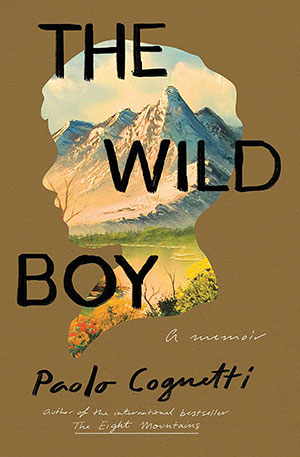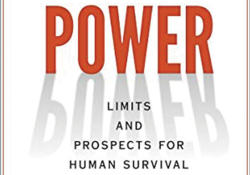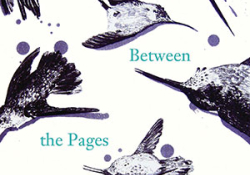The Wild Boy by Paolo Cognetti

The Wild Boy
Trans. Erica Segre & Simon Carnell
Washington Square Press / Atria
FEELING A BIT overburdened by the demands of civilized life but lacking the freedom to leave it behind, I turned to Paolo Cognetti’s The Wild Boy for comfort. In it, Cognetti shares his experiences in returning to live for a year on the slopes of the Valle d’Aosta in the Western Alps of Italy, where he often wandered as a boy. Cognetti flees the rigors of urban living that have robbed him of his joie de vivre—in addition to his desire to write—to try and reconnect with something vital that he perceives he had as a child but the tether to which he has lost as an adult.
Taking up residence in an abandoned cabin, Cognetti spends a few months in near-total isolation from other humans, spending much of his time observing the animals as they navigate the cycles of the seasons. While seeking a path back into the wildness this place represented for him when he was younger, the older Cognetti recognizes that these places, albeit distant from the world he inhabits now, were always human-inhabited, always human-mediated. The people, and the way of life that they carved out on these austere mountain slopes, are now largely gone, and he finds himself inhabiting not wilderness but ruins.
Cognetti’s writing in The Wild Boy, as rendered into English by Erica Segre and Simon Carnell, is as unfettered as the simple routine of the year he spends trying to rediscover himself. The chapters are short and feature insightful observations on the natural world and our place in it, interspersed with Cognetti’s introspective ruminations. Events are few and far between, even for a book that barely tops 150 pages in translation, but the time spent reading it felt like a welcome excursion away from the bustle of plot and theme with a friend with whom we are content to simply sit and be.



















